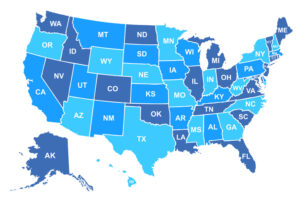Final 2026 Notice of Benefit & Payment Parameters: Marketplace Standards And Insurance Reforms

The Notice of Benefit & Payment Parameters prescribes standards and rules that govern insurers and Marketplaces under the ACA. This annual regulation, that went into effect January 15, represents a final set of health insurance policies from the Biden administration focusing on quality and affordability. In their latest piece for Health Affairs Forefront, Sabrina Corlette and Jason Levitis discuss this final rule and what it means.






